Nifemi Marcus Bello’s work came to me on Twitter about 4 years ago. I saw the LM stool and fell in love. I came across his Instagram page almost a year later and I spent the next few hours going through his page and scouring his website. I’ve been a fan ever since. I mentioned his hand washing system in an interview I did last year. I believe NM Bello has a proposition for Nigerian designers.
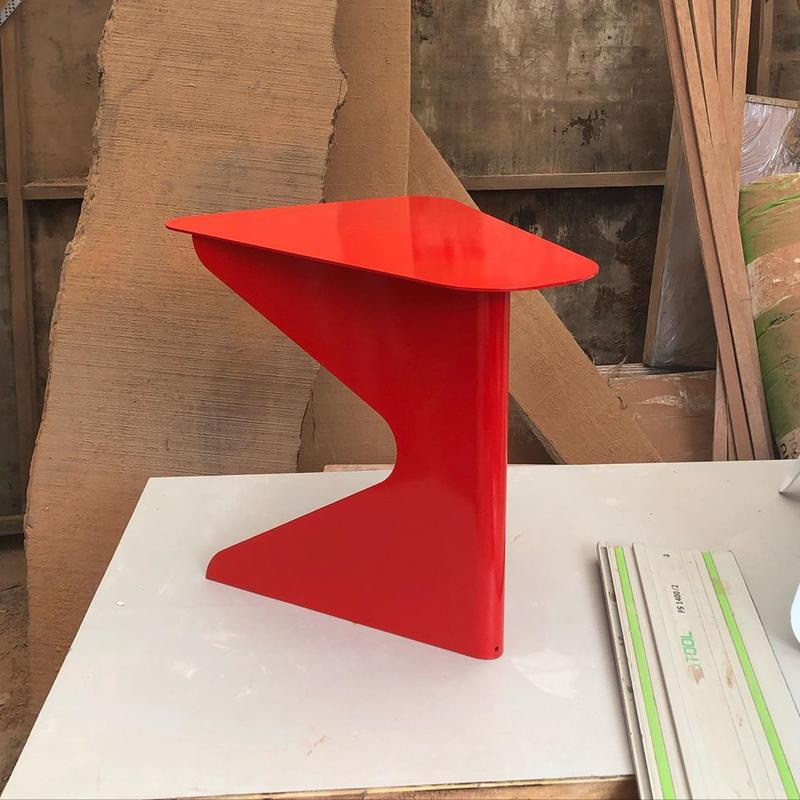
Nifemi Marcus Bello’s proposition is – constrained possibilities. I’ll explain. Product designers in Nigeria face many hurdles in actualizing their big ideas. The highest hurdle remains the low manufacturing capacity. This is severely limiting because it means that a cap is usually placed on what can be materialized from idea to product. In a way, it can reduce design to craft, which means objects cannot be easily reproduced to exact specifications. This is in contrast with designers in fully industrialized countries who have endless manufacturing outfits to choose from with specialization in various products.
NM Bello, a graduate of product design from the University of Leeds moved back to Nigeria and set to establish is design practice NM Bello Studio and to research the extent of Nigeria’s manufacturing capacity. He has told the story multiple times but it all ends the same way with him at the end of his rope, running through his savings which were funding this research and stumbling on a company that manufactures steel casings for generators. This discovery led him to study their manufacturing line to design a product around it- he couldn’t upset their processes. His investigation resulted in the LM stool.
NM Bello sought ought to create a classic 3 or 4 legged stool. The design for the LM stool came from pushing the limits of the form. How much could be subtracted from it without compromising the structural integrity? This inquisition led to the butterfly legs of the stool which truly makes the stool remarkable. The LM stool stands on its weight. It’s is graphic in its form and structure. It has become a coveted object around the world appearing in Vogue.
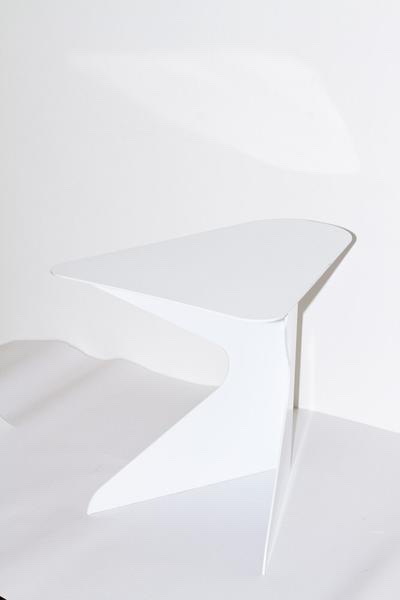
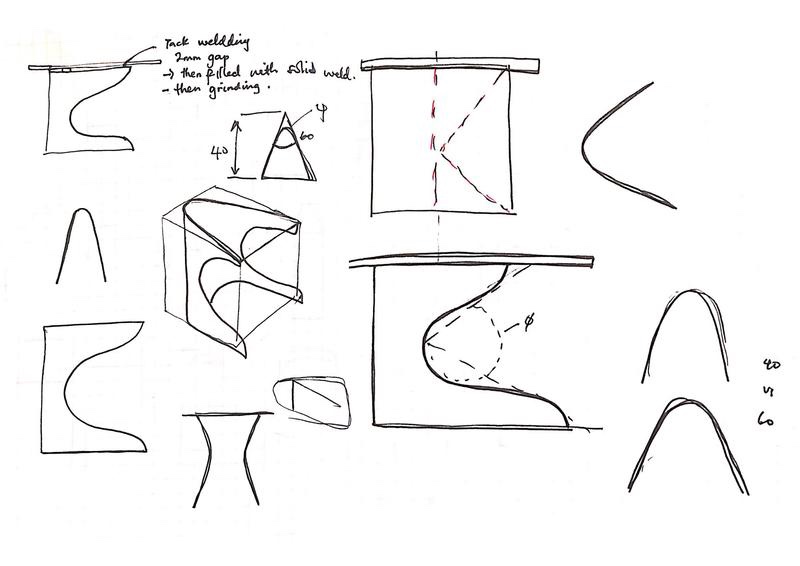
The same manufacturing process gave birth to the Selah lamp which also a lamp, bookcase and stool made from a single sheet of metal.

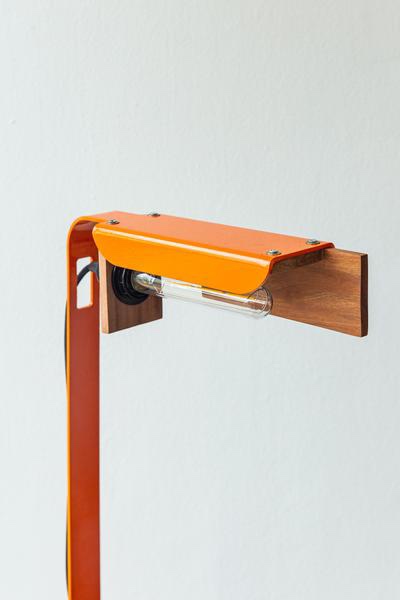
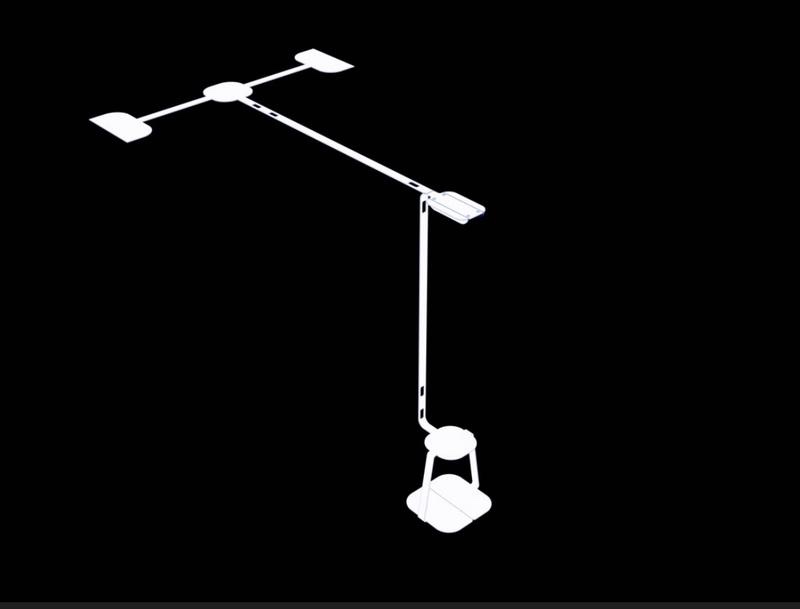

NM Bello’s most recent product is another case study. In response to a brief from Nigerian skateboarding brand Waffles and cream to create a portable retail space, the designer created a modular kiosk with bamboo bound to a metal frame. The materiality is inspired by Beninese blinds called Kosinlé. The form is hexagonal which gives space for its modularity. When the kiosk is being used, clothing will be hung at eye level about street vendors who often sell second-hand clothes.
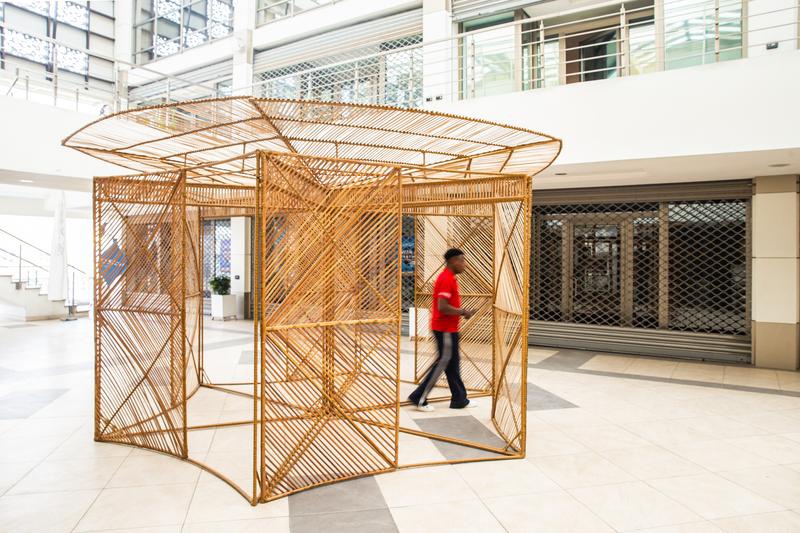
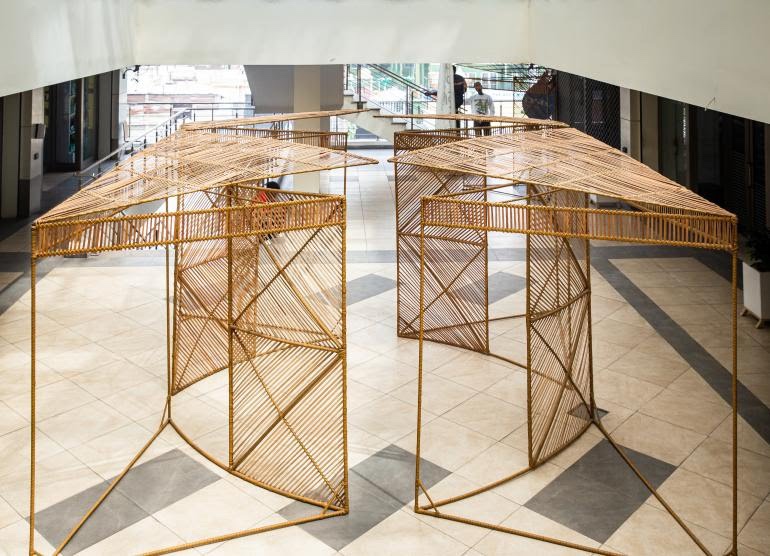
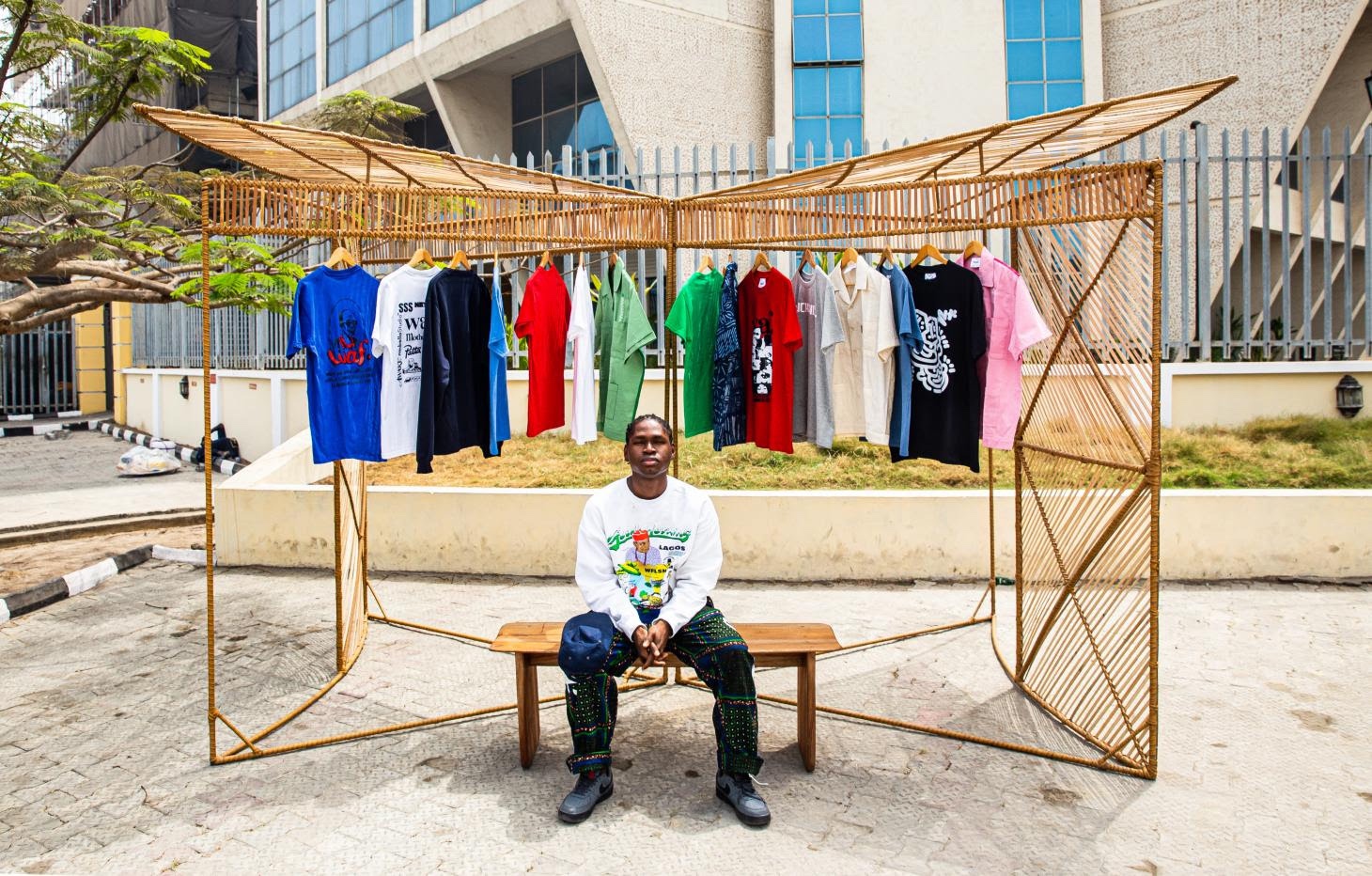

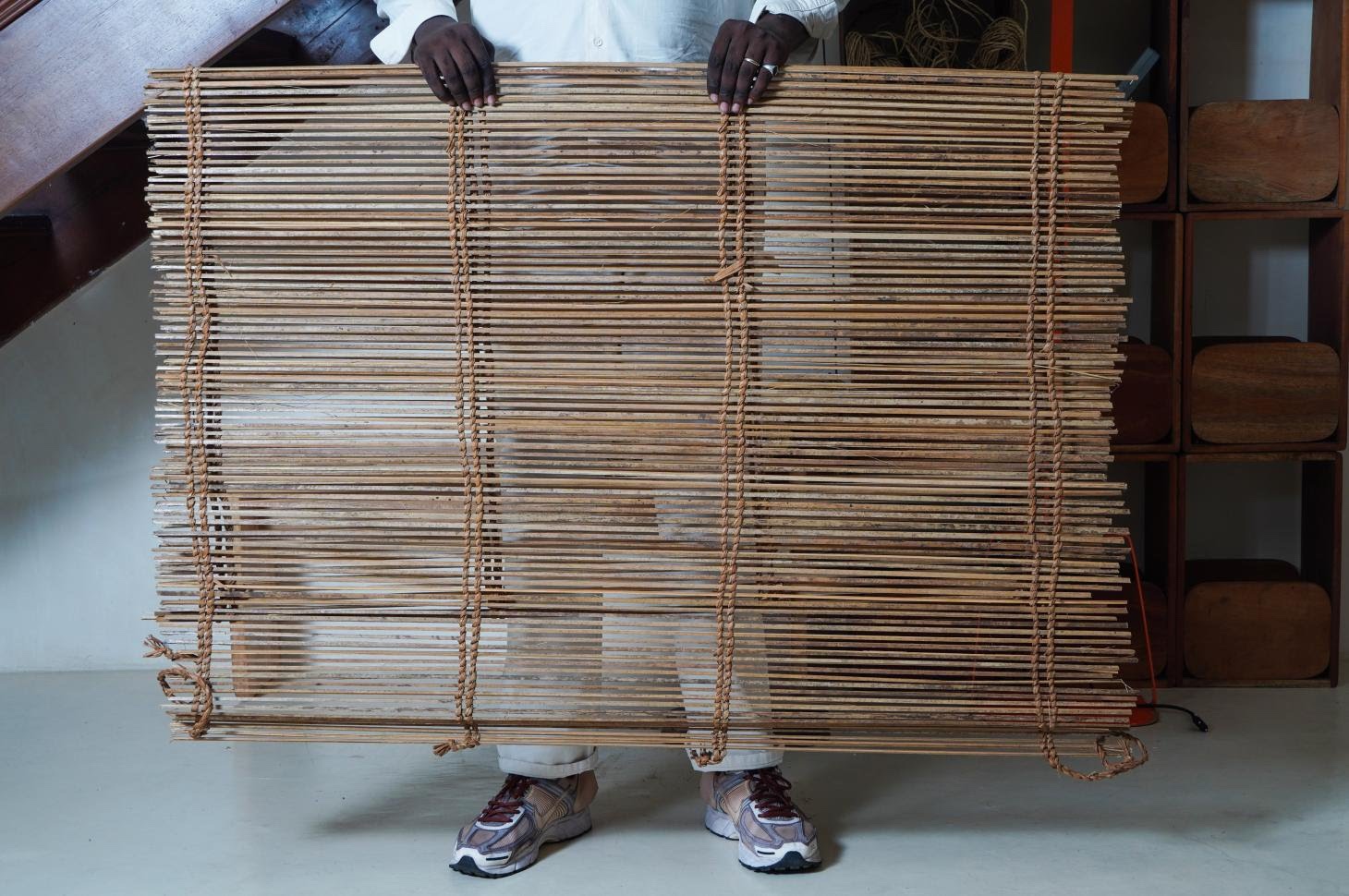

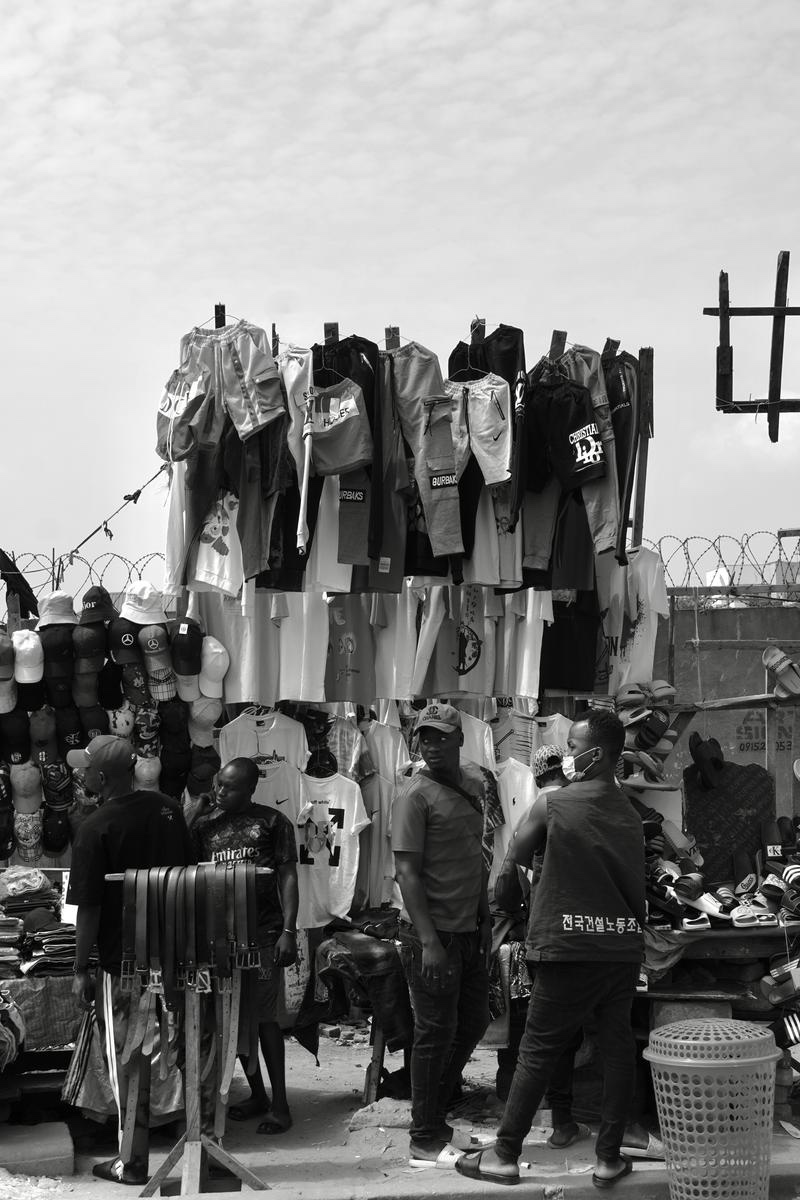
From the above, Nifemi’s proposition is evident. There are constraints but what happens when we look at how far we can push the walls that cage us in. We have more space. There is a lot to be said about our current manufacturing constraints but no one knows the exact extent of all that can be possibly made in Nigeria. The state of manufacturing and material research in Nigeria means a lot of times we need to work backwards; looking at what is possible and designing with it and for it.

Everything is designed and even beyond our formal design processes people around us have iterated processes and objects to work for them. It means we have to be willing to be humble and not only look at what can be done but what has been done. Designing in this context means looking at everything as a resource. Even when manufacturing capacity expands this kind of design thinking will always mean a designer can with what is present in many ways without becoming repetitive. The context will always determine the product and we desperately need to accept this. NM Bello and dozens of other Nigerian product designers prove that it is possible to create commercial and quality designs in our context.
There is work to be done I believe in creating a kind of open access list with manufacturers and artisans across the country so that we are not constantly reinventing the wheel.
I’d love to hear whatever you think about this.
Until next time!
Please share if you enjoyed this post.
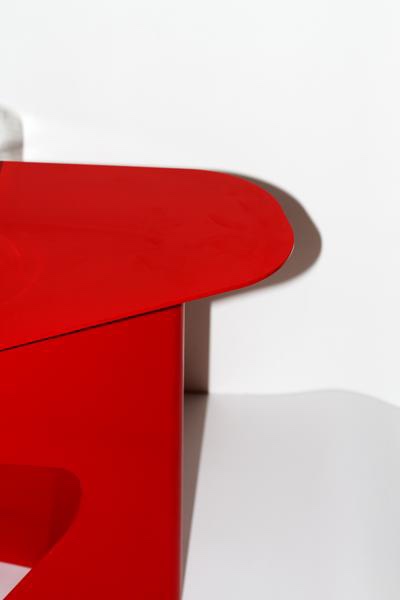

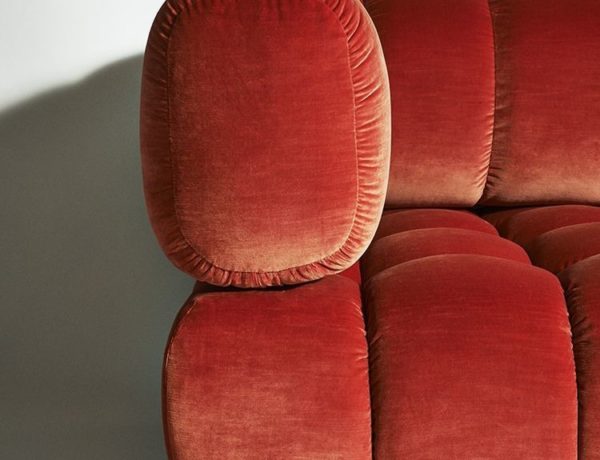
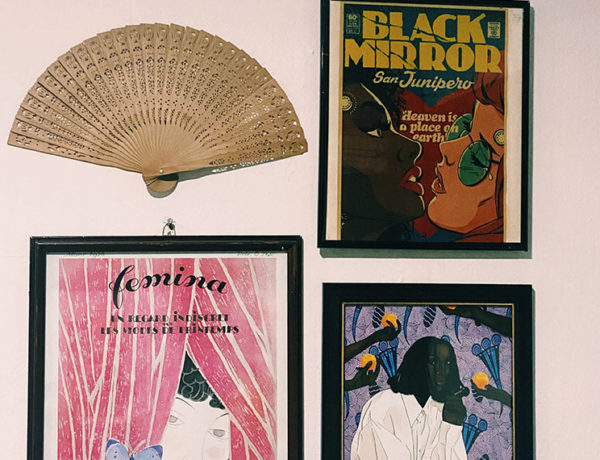

No Comments